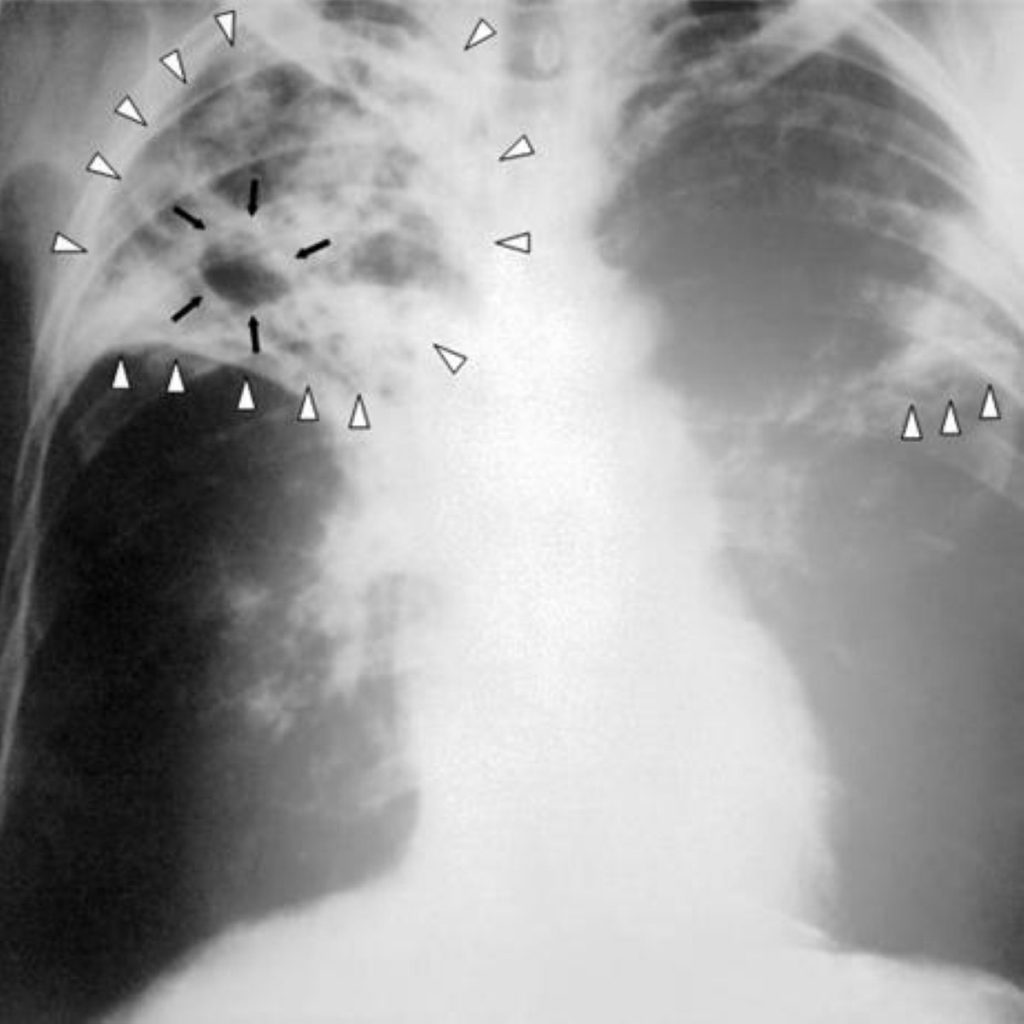Labour divided over donor opt-out decision
Gordon Brown appears to be at odds with health secretary Alan Johnson over the rejection of plans for an ‘opt-out’ organ donation system.
The idea, touted by Mr Brown, was rejected today by the government’s own advisory committee, the UK Organ Donation Taskforce, who said its implementation in other countries had failed to significantly improve availability.
Mr Brown suggested he would ignore the scientists’ advice.
“They [the taskforce] have not recommended the introduction of presumed consent, but I’m not ruling out another change in the law,” he said at a press conference today.


Those views run counter to the opinion expressed by health secretary Alan Johnson today, in which he appeared to accept the body’s findings.
Mr Johnson said: “The Taskforce conclude that donation rates equivalent to those achievable through the best presumed consent systems could still be possible without a change in the legal framework – and I therefore accept their recommendation that we should aim to achieve these rates without the complications associated with a change in the legal position.”
It would not be the first time the prime minister has ignored scientific advice, with his decision to reclassify cannabis back up to class B criticised by the government’s scientific advisory committee.
The plans are popular in some medical circles to improve the UK’s current state of donation – one of the lowest in Europe.
But some experts say the change would undermine trust in doctors and may not improve availability enough to warrant the reform.
“We found from recipient families and donor families that the concept of gift was very important to them and presumed consent would undermine that concept,” said Elizabeth Buggins, chair of the donation taskforce.
The Liberal Democrats disagreed. Health spokesman Norman Lamb said: “I hope ministers are not so quick to dismiss it.
“Although this is an issue that will arouse strong reactions, the potential for saving lives through a system of presumed consent cannot be ignored.”
Every year, 1,000 people die in the UK waiting for a transplant.












